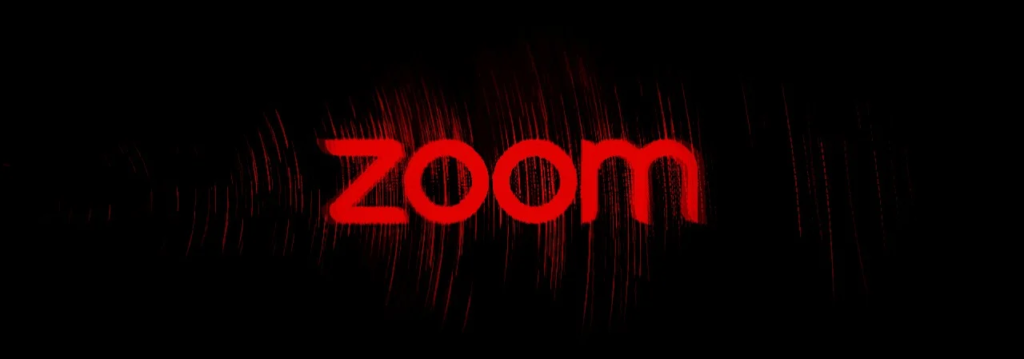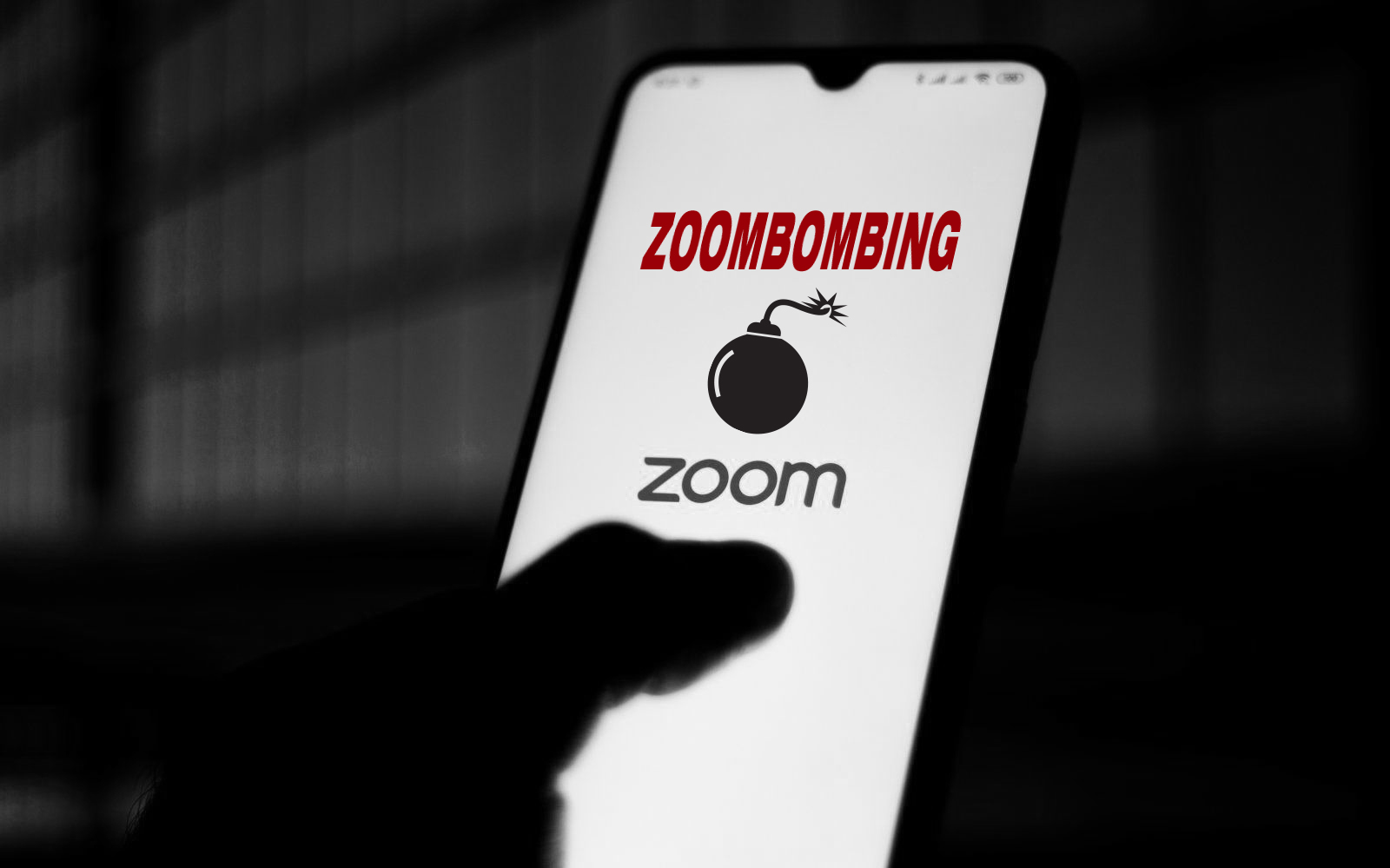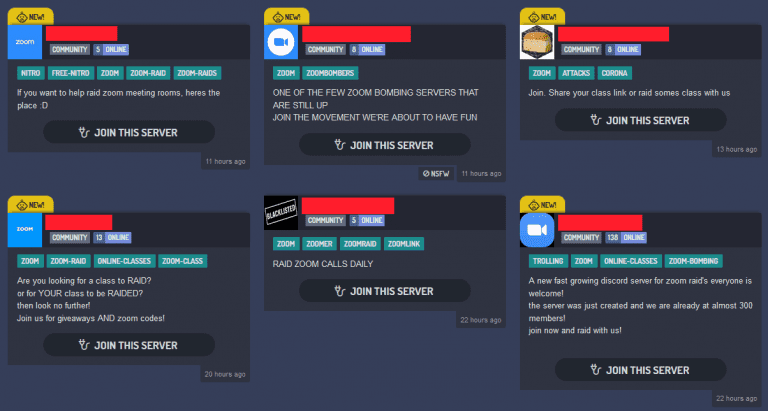
"A lot of the people are moving into online instruction right now who aren't particularly used to it," said Mary Anne Franks, a law professor at the University of Miami who specializes in technology and abuse online. "Can you join back under a different name? that was hilarious," another poster responded.īeyond threats of harassment and hate speech over Zoom, professors and other educators who use online conferencing tools are also vulnerable because of the potential for private information about them or their families to be exposed. Another 4chan user followed up sharing that someone had posted anime pornography in the Zoom call. "You can join this now online corona class about gender in 5 seconds and use mic and camera," a 4chan poster wrote in a thread last week. Like other forms of online harassment, targets are disproportionately women, people of color and members of religious minorities and other marginalized groups. "But once you get going and are answering questions from the public, it's really hard to moderate."Īs classes, lectures and other educational activities move to videoconference tools during the coronavirus pandemic, Zoombombing has become another vector for organized harassment. "Whenever I can, I'll mute the individuals and do whatever I can given what each platform allows," Minor said.


But not long after they began talking, a comment notification popped up at the bottom of the screen that cursed at Minor and called him the N-word. The offensive intrusions have been happening more frequently now that millions of people are forced to use videoconferences to work, study and communicate from home.Ĭornelius Minor, an educator and author, had a similar experience Thursday when he was invited to join a colleague's open office hours on Zoom to talk with other educators about methods for teaching literacy.

The Benjamins had been victims of what's become known as " Zoombombing," a form of online harassment in which someone hijacks a group video call to show something inappropriate or unexpected.


 0 kommentar(er)
0 kommentar(er)
